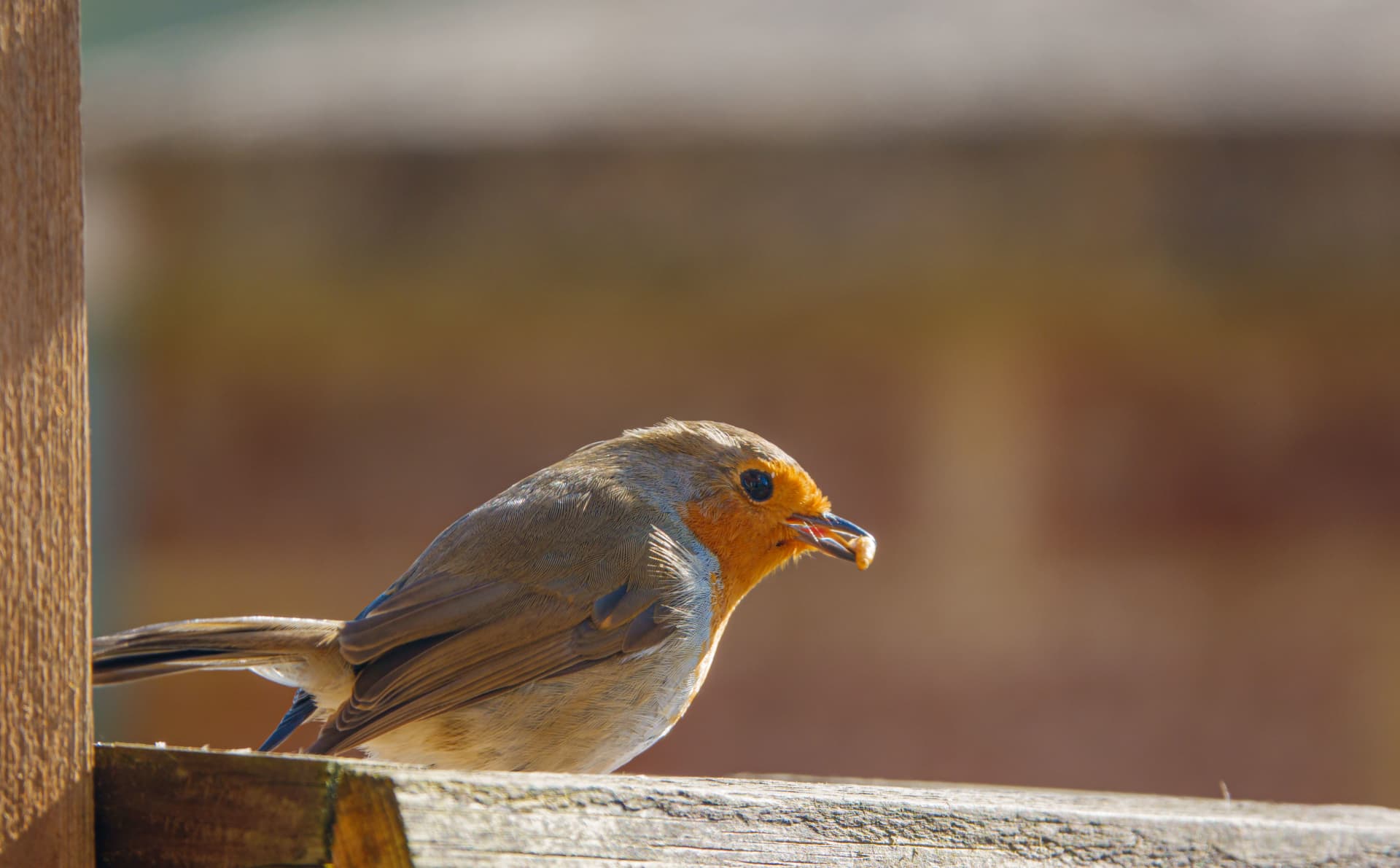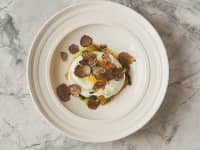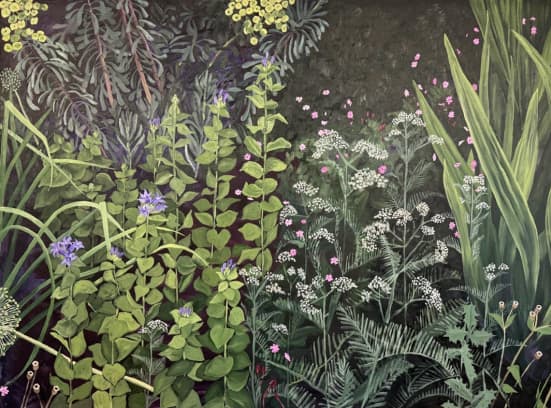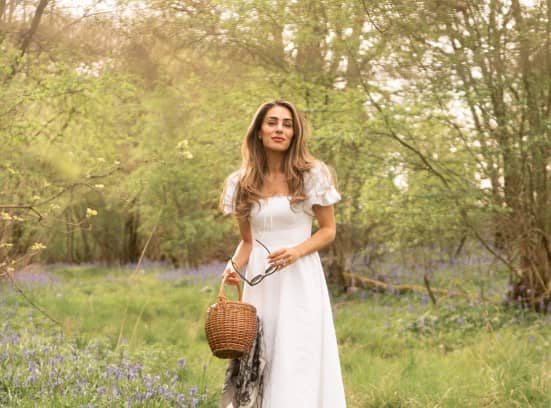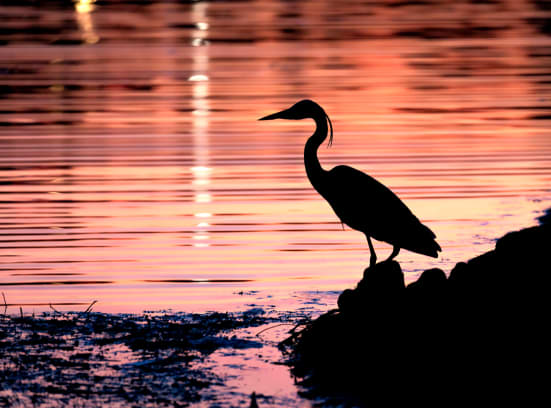As winter will soon be upon us, the shorter days and falling temperatures consider your garden birds. You should be aware that you need to select the right type of bird food when it comes to their autumn and winter diet, as it differs to what they require in spring and summer.
Whilst each species has developed their own way to find food during the colder months, some birds are more adaptable at finding nourishment when insects are hibernating, and grubs buried deep in the ground under snow and ice make their lives more difficult. Robins with their proportionally larger eyes are better equipped to see in dark places and the half-light of dawn and dusk. They will feed on small invertebrates hidden in the soil or under bushes. In towns where there are streetlights, robins will also continue to feed after dark.
Others, such as blackbirds, eat worms, spiders, fruit and seeds whilst mistle thrush will find a holly tree with lots of berries over which it will become territorial. Whilst other birds will happily strip off the berries, the mistle thrush will protect their tree, ensuring they have a ready supply of food over the winter months.
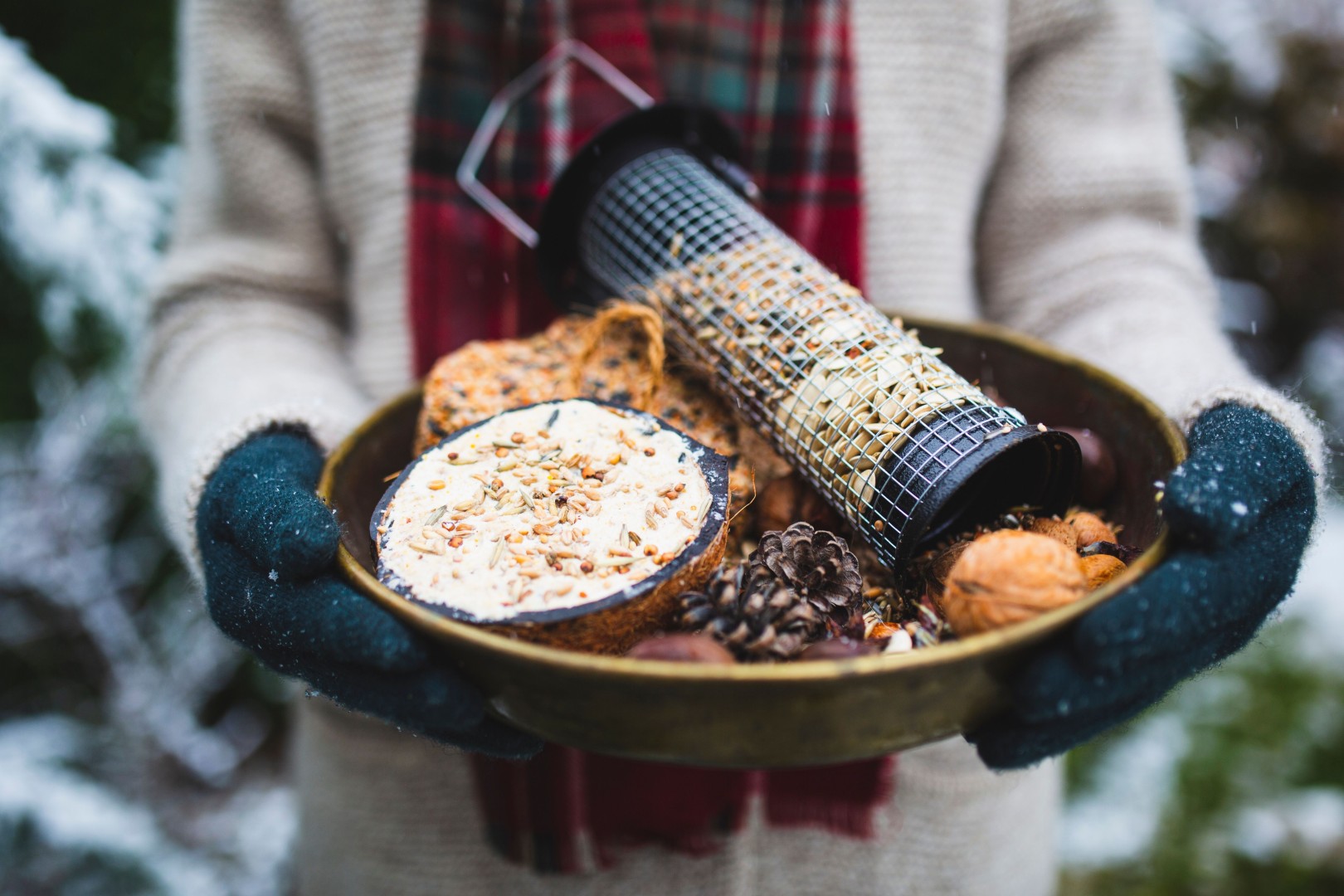 When it comes to feeding garden birds in winter, they need food with an increased fat content such as lard, suet and nuts. You can use meat scraps from your kitchen but apply caution; do not feed them anything which contains salt, eg bacon fat or salted gammon, or even cooked fat from roasting tins as this is not suitable. Making your own fats balls strung from a bird feeder will be particularly attractive to your visitors, especially to the tit family who can remove tiny crumbs. Ensure your fat balls are well secured to prevent squirrels and larger birds removing them for their own devices. You may also like to invest in a squirrel-proof fat ball feeder which smaller birds can access but squirrels cannot. It is not advisable to feed fat balls when the temperatures rise as they will quickly go rancid, so restrict them for the colder months.
When it comes to feeding garden birds in winter, they need food with an increased fat content such as lard, suet and nuts. You can use meat scraps from your kitchen but apply caution; do not feed them anything which contains salt, eg bacon fat or salted gammon, or even cooked fat from roasting tins as this is not suitable. Making your own fats balls strung from a bird feeder will be particularly attractive to your visitors, especially to the tit family who can remove tiny crumbs. Ensure your fat balls are well secured to prevent squirrels and larger birds removing them for their own devices. You may also like to invest in a squirrel-proof fat ball feeder which smaller birds can access but squirrels cannot. It is not advisable to feed fat balls when the temperatures rise as they will quickly go rancid, so restrict them for the colder months.
Birds can also be fed cold green vegetables such as sprouts or cabbage, parsnips or carrots. They also enjoy small pieces of fruit such as pears, apples, bananas and grapes. Blackbirds, song thrushes and robins also enjoy dried fruits and pieces of hard cheese. Black sunflower seeds are very popular and can be fed to a wide range of garden birds throughout the year. If you have cooked or uncooked pastry, made with real fats, this is a good source of energy for them, too.
When you start to feed your feathered visitors it is important to establish a routine as the birds will depend upon you to do so. In winter it needs to be twice daily and just once a day in the summer months. Use only good quality appropriate food and scraps and never put out more food than can be eaten in a day as leftovers can attract vermin. Hygiene is also important. Regularly clean and disinfect your bird feeders, keeping them apart to ensure the birds do not come into close contact with each other. Clear food debris and faeces off any bird tables, washing your hands immediately afterwards. Remember also to put out water for the birds as they get thirsty. If you have a bird bath, they will enjoy taking a dip – even in colder weather.
It's worth noting that when it comes to feeding during the spring and summer, garden birds require a different type of nourishment. Whilst in winter they need high-energy (high-fat) foods, in the warmer months they require high-protein foods, especially when they are moulting after the breeding season which is typically in August.
Garden birds time their breeding period according to the availability of natural foods. For blackbirds and song thrushes they will look for earthworms, for tits and chaffinches they enjoy caterpillars. During periods of wet or colder weather during spring and summer, this will affect the amount of available food and in turn will delay the birds’ breeding season. If you put out a quantity of suitable available food during this period, it will help to make up any shortfall in their natural foods.
As a final thought, if you’re out for a walk near a river or pond where you will see ducks, swans and geese, you mustn’t feed them with chunks of bread. It doesn’t hold the necessary nutritional value they require but fills their stomachs, preventing them from foraging for the more nutritious foods they would normally eat.
Fat Cake Recipe
(courtesy of the National Trust)
Make a batch and freeze them until you need them.
You’ll need containers: these can be recyclable yogurt pots or coconut shells. Plus small sticks (try tree branches approximately 7 to 12 cm long) and some strong string.
Ingredients:
- Hard fat: lard or suet, at room temperature
- Handful of bird seed including black sunflower seeds
- Handful of unsalted peanuts
- Grated cheese or raisins
- Dry leftovers such as stale breadcrumbs or oatmeal
Method:
- Use one part fat to two parts dry ingredients. If the mixture is crumbly, it will need more fat.
- Melt the fat gently if not at room temperature but ensure it is still a soft solid. Mix the fat with the dry ingredients in a bowl.
- If using yogurt pots or coconut shells, make a small hole in the bottom and thread a long piece of string through the hole, tying it around your small stick. Pull it tight so the stick sits snugly against the top of your container. The stick will act as a perch.
- Fill your chosen container, including an old cup with a handle. Pack it tightly and fill to the top. Chill until firm.
- Once set and firm, you will need to remove from its container. You can refill your containers again in the future.
- Tie the string over a tree or shrub branch but find somewhere out of the reach of cats.
